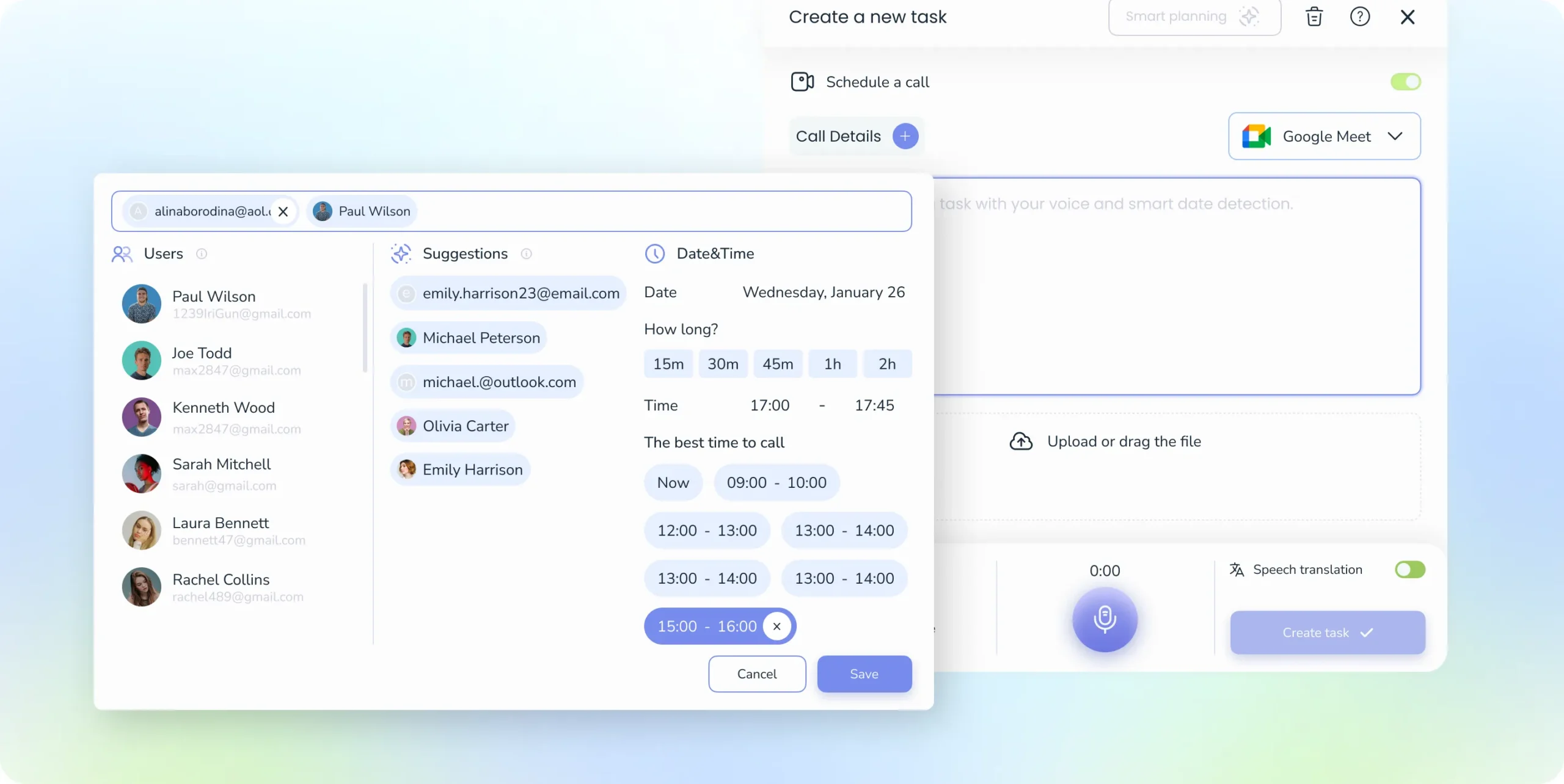In the fast-evolving world of business, staying ahead means embracing cutting-edge technology. Voice technology is one of the game-changers that businesses cannot afford to ignore. From automated customer service to hands-free office tasks, voice tech is making businesses more efficient, accessible, and customer-centric. By 2025, voice technology will likely be integral to every business’s strategy. Here’s how it’s reshaping the way companies operate.
1. Transforming Customer Service with Voice Assistants
Gone are the days when customers had to wait on hold for minutes or navigate through complicated menus. Today, voice assistants like Amazon Alexa for Business and Google Assistant are providing instant solutions to customers, enhancing both efficiency and satisfaction.
These intelligent assistants are capable of handling everything from routine queries to complex customer support cases. They can even escalate calls to human agents when necessary, offering a personalized experience every time.
Why it matters for businesses:
- Faster response times improve customer satisfaction.
- Cost-effective automation reduces the need for extensive customer service teams.
- Provides 24/7 support without additional overhead.
2. Boosting Workplace Productivity with Voice Technology
Imagine dictating emails, scheduling meetings, and setting reminders—all with a simple voice command. Voice assistants are now enabling professionals to streamline their daily tasks, significantly boosting productivity.
For instance, tools like Microsoft Cortana and Google Assistant integrate seamlessly into office systems, helping employees save time and focus on high-priority tasks. This is especially valuable for employees who are always on the go, such as sales reps or managers.
Why it matters for businesses:
- Increased efficiency leads to more focused work.
- Voice-activated tools reduce the need for manual inputs, speeding up processes.
- Remote work and collaboration are enhanced through hands-free management of workflows.

3. Enabling Smarter Retail Experiences
Retail is being transformed by voice technology. Consumers are now able to make voice-activated purchases, get personalized shopping recommendations, and track deliveries, all through their devices.
For businesses, integrating voice commerce (also known as v-commerce) into their retail operations means reaching customers in a more personalized and direct way. Platforms like Amazon Alexa and Google Assistant are already leading the way by enabling voice-based orders, inventory tracking, and more.
Why it matters for businesses:
- Increased customer engagement through voice-based shopping experiences.
- Streamlined sales process, leading to faster transactions.
- Personalized recommendations drive higher conversion rates.
4. Voice Technology for Data Analytics and Reporting
What if you could access your company’s performance reports just by asking? With voice-enabled data analytics tools, that’s now possible. Platforms like IBM Watson and Tableau are leveraging voice recognition to allow business leaders to interact with their data hands-free. You can ask for metrics like sales trends, customer feedback, and market analysis—all in real-time.
Why it matters for businesses:
- Faster decision-making using real-time, voice-activated insights.
- Increased accessibility for employees at all levels of the company.
- More accurate data interpretation through natural language queries.

5. Revolutionizing Marketing and Customer Engagement
Voice technology is not only about internal operations but also external customer engagement. With the rise of smart speakers and voice-enabled devices, businesses now have new opportunities to engage customers in a more conversational way.
Voice search optimization is becoming an important part of marketing strategies. Marketers are now focusing on making their websites and content more voice-search friendly by integrating conversational keywords and phrases. This shift is leading to improved SEO, increased traffic, and a better overall user experience.
Why it matters for businesses:
- More personalized marketing through voice interactions.
- Increased visibility through optimized voice search.
- Direct access to customer insights via voice queries.
Conclusion: The Future of Voice Technology in Business
As voice technology continues to evolve, businesses must stay ahead of the curve. By adopting voice assistants, voice commerce, and voice-activated analytics, companies can enhance productivity, improve customer experiences, and drive growth. Voice tech is no longer a novelty—it’s a critical tool for success in 2025 and beyond.
Are you ready to implement voice technology into your business? Start exploring the possibilities and see how it can take your business to the next level.




